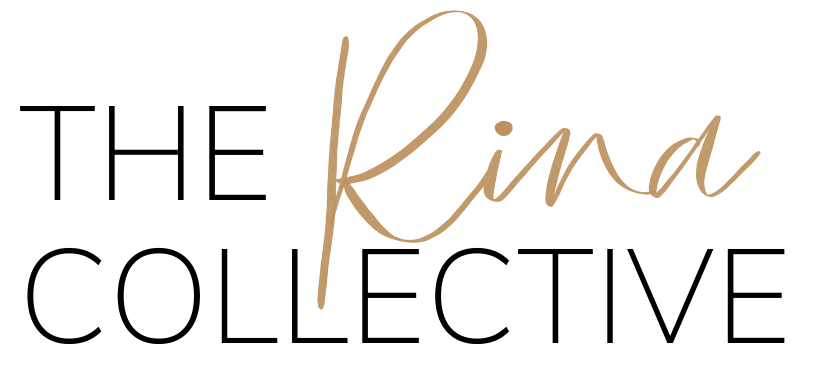Disclaimer: Some of the links below are affiliate links, where I can receive a small commission. If you decide to use these links, thank you for your support! I recommended these books because it helped me with my first workshop, and I’m sure it’ll help you as well.
As soon as I walked into the classroom, my left leg started shaking. I greeted the teacher and waited for my 7th-grade students for the hour to come in. As I was placing my handouts on each desk, one student asked, “Is this a test?” I responded, “No, this is for student day of poetry.” Most of the students did a collective sigh, and right then I felt like sweat was coming out from my forehead, all while smiling like everything was okay.
On March 20th, I led my first ever 75-minute poetry workshop at a middle school, particularly with 7th-grade students. This was a part of the Student Day of Poetry program, led by MassPoetry. Weeks prior, they asked me if I wanted to participate, and although I never led a workshop, or even taught poetry before, I said yes because poetry has been a part of my life since I was in middle school. This has been one of my bucket list goals since I graduated from college because I wanted to prove to myself that I could teach. Part of the reason why I’ve been afraid of entering an MFA (Masters of Fine Arts) program is because of the teaching component. Three years ago, I would’ve said no to this task, but for some reason this year, I felt like I was ready.
After I accepted the challenge, I had about two weeks to prepare for it, so I limited my social media time, stopped practicing calligraphy, and asked many people in my writing community for any tips or strategies they’d recommend for my workshop. What I didn’t realize until later, is that this will probably be my toughest crowd because not only would I be introducing some of the students to poetry, but I had to convince the students that the “boring” label that poetry likely gets is not always true. Growing up, the first two poets I ever learned about Henry Wadsworth Longfellow and William Shakespeare—two heavily European-style poets that I could not connect much with. So, I knew the responsibility I had as a poet and poet of color, and I was up for the challenge.
Although the advice and ideas from my colleagues were helpful, I was still stuck and lost, so I resorted to buying two books, The Write Thing: Kwame Alexander Engages Students in Writing Workshops by Kwame Alexander, and In the Palm of Your Hand: The Poet’s Portable Workshop by Steve Kowit. Both of these books have writing prompts, poetry advice, writing tips, and so much more I feel like every poet needs. Alexander’s book, in particular, focused on creating workshops for middle school students, so that book helped tremendously for my lesson plan.
Now, my two weeks of preparation are up, and it’s time for the morning workshop. Two other poets and I were waiting in the school office until a faculty member came and led us each into our 7th-grade classrooms. I had about 30 students and four teachers. All in my head I was thinking when I stood up in front of them was to always smile and tell the class what poetry means to me and what it could mean for them. We started off with a small exercise that involved them standing up and shout out a call and response chant. I wanted to do this to get them comfortable speaking out loud because their open mic was happening after the workshop. Spoken word is scary at times, especially for me when I performed for the first time, but the purpose of my exercise was for them to understand that although we all shouted the same chant, we said it in our own personality and attitude. That’s spoken word.
The focus of the workshop was identity, so I picked two poems on my worksheet, I’m Nobody! Who are you? by Emily Dickinson, and a song in the front yard by Gwendolyn Brooks. They both have different styles and voices that reflect identity. I wanted to include Brooks especially because she was a poet I didn’t know about until college, so it was a real treat to introduce her to this young crowd. The other side of my worksheet was full of important terms and styles of forms that they could use for their poem.
Since this was my first workshop, I didn’t want to restrict them to a specific idea or form, because free verse poetry allows them to tell the story that they want to tell, and I was surprised that worked. By the end of the day, nearly the whole class wrote a poem—-some wrote acrostic, some wrote free verse, some rhymed, and two students even wrote a poem together, and was excited to share it with me. For the last 30 minutes, I had them write, and I walked up to every single student individually if they needed any help or guidance. I was even more proud to see some of my students perform at the open mic, and I wonder if my little exercise, in the beginning, gave them a little boost of courage.
For a young woman who is relatively quiet but incredibly passionate for poetry, I cried for joy when I got home. I couldn’t believe that I actually led a workshop. I doubted myself a few times, even during the workshop, but I made it through and did the best that I could. I would definitely make improvements for my next workshop in the future, but the fact that I can lead something gives me immense joy.

